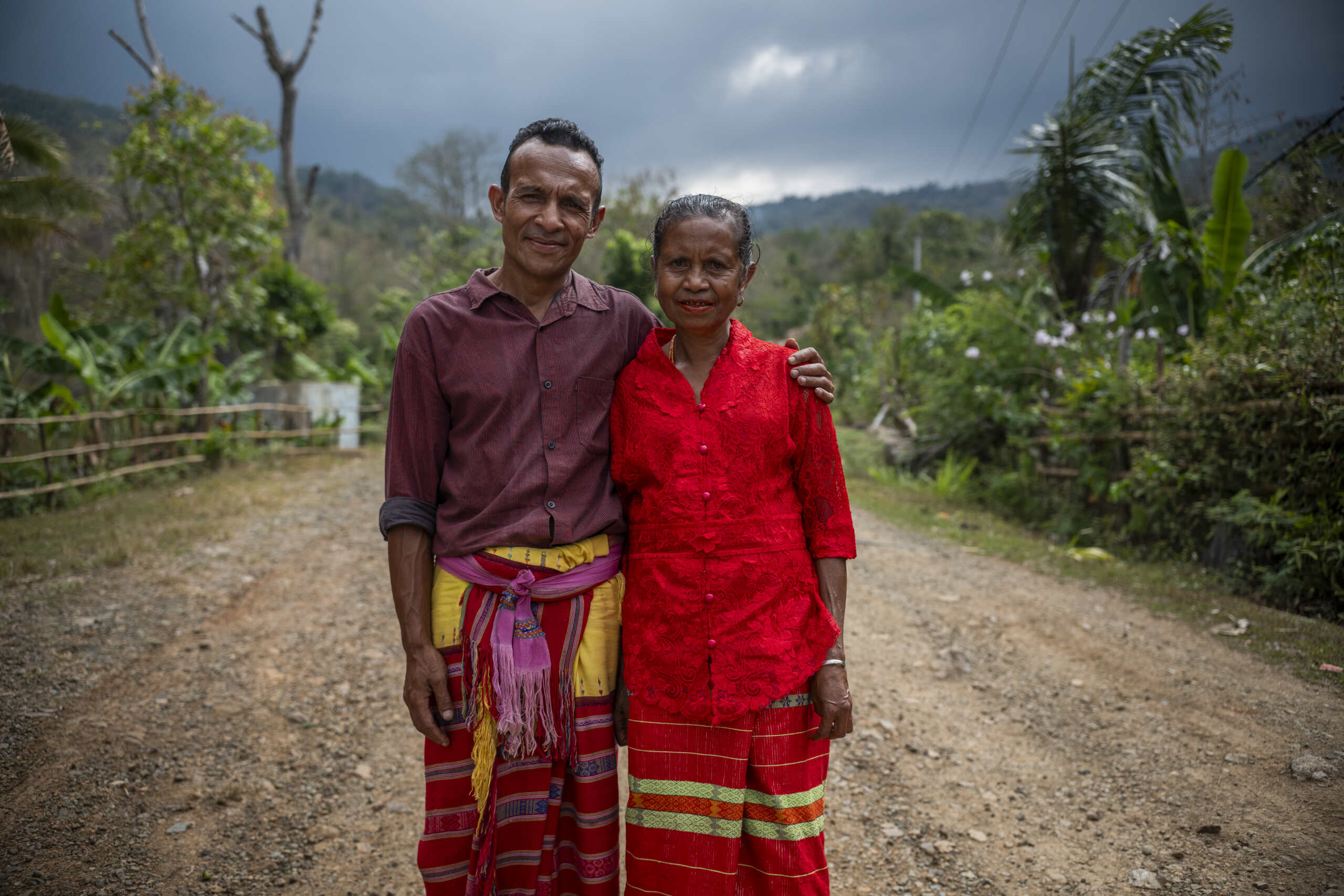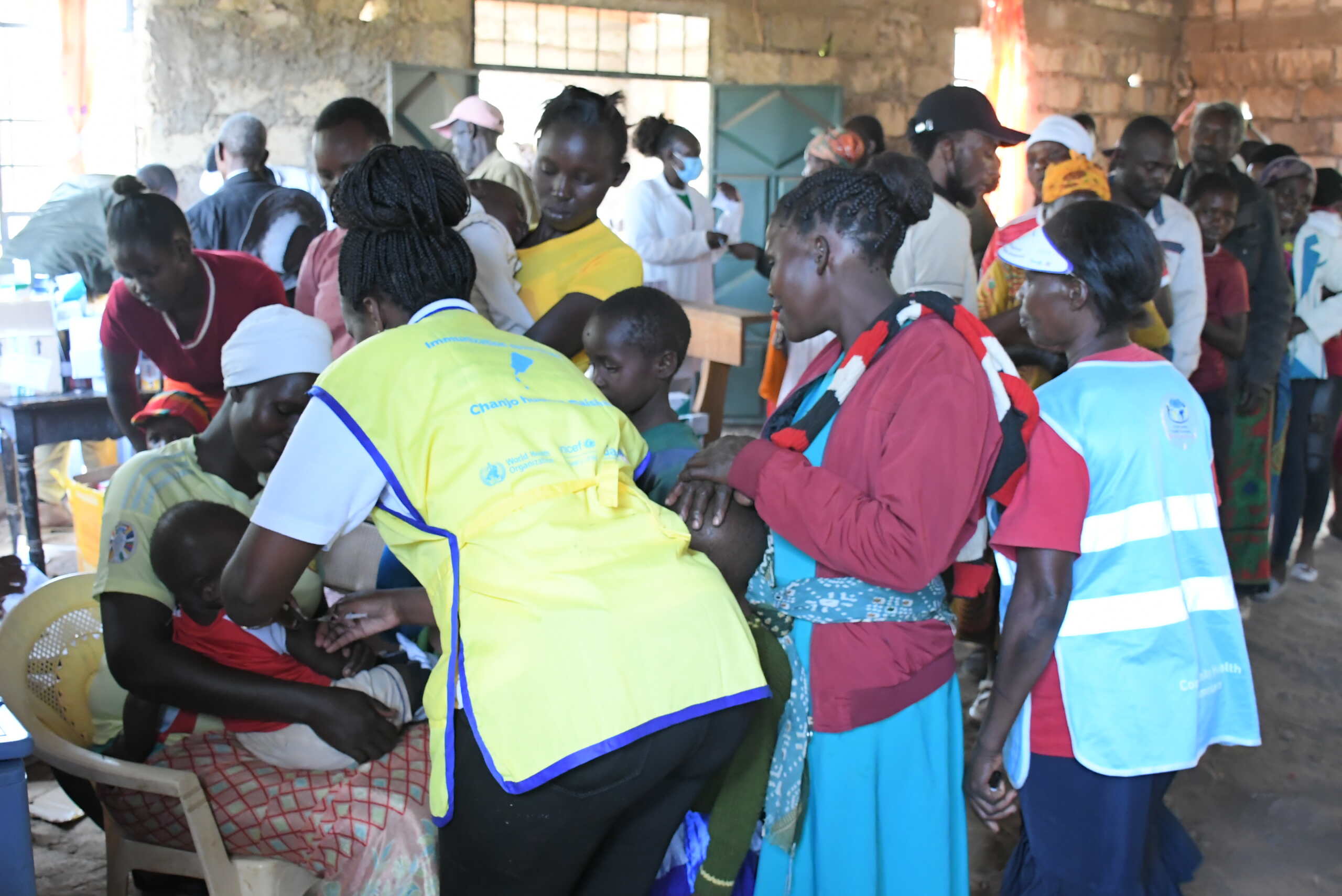Maya’s story: overcoming barriers to identity and inclusion
Stories | October 1, 2025
In Nepal, many people with disabilities face significant barriers simply because they lack official identification documents. Without a birth certificate, citizenship papers, or a disability identification card, they are often unable to access education, healthcare, social protection, or job opportunities. This lack of documentation not only limits their independence but also excludes them from accessing vital services and support systems. Maya’s story is one example of how these challenges can shape a person’s life – and how persistent advocacy and support can lead to change.
Maya, from Nepal’s Bagmati Province, was born deaf into a low-income family. Growing up, she didn’t have access to education or the official documents many take for granted – like a birth certificate, citizenship papers, or a disability identity card. Without these, she was excluded from many opportunities.
This became painfully clear when she tried to enrol in women’s skills development training program organised by the Ministry of Social Development of Bagmati Province. Maya was eager to participate but couldn’t register without the necessary identification documents. Thankfully, the Ministry decided she could participate provided she later obtained the documents. When she asked her family for help, they refused. Despite CBM’s partner, the National Federation of Disabled Nepal (NFDN) Bagmati Province efforts to mediate with her family, no progress was made for two years. After her father passed away, her brothers still didn’t assist her.
For years, Maya faced barriers simply because she lacked the documents required to access basic services and opportunities. Recognising the severity of the situation, NFDF began advocating for her, coordinating with the National Human Rights Commission (NHRC) and local authorities, and initiating conversations with community representatives and her family. Despite such efforts, her family remained uncooperative.
Maya didn’t give up. With NFDN’s help, Maya submitted an application to get her documents. A breakthrough came when the NHRC organised a key meeting with local leaders. Thanks to the combined efforts of NFDF and the NHRC, Maya’s family finally agreed to register her birth certificate and help with getting other documents.
Maya received her birth certificate, citizenship, marriage certificate, and disability identity card – documents that allowed her to access Nepal’s social security allowance. She and her husband, who also has a hearing disability, were connected with the Makwanpur Deaf Association, gaining access to community support and resources.
Today, Maya and her husband, both fluent in sign language, work as daily wage labourers. Though their income is modest, they live a dignified and happy life. Grateful for the support they received from NFDN, the couple is now looking forward to vocational training and opportunities to strengthen their livelihoods.
This work is part of CBM’s broader efforts in Nepal to advocate for inclusive government policies and practices, and improve access to justice for people with disabilities.
To read more about this project, click here.
CBM Australia acknowledges the support of the Australian Government through the Australian NGO Cooperation Program (ANCP) and thanks our implementing partner National Federation of Disabled Nepal.
https://www.cbm.org.au/stories/mayas-story-overcoming-barriers-to-identity-and-inclusion
Related Stories

How CBM is making a difference in Indonesia
For more than 45 years, CBM Global has been working alongside communities in Indonesia to ensure people with disabilities...

Coordinating inclusive health outreach in Meru County
For many households in Meru’s rural and remote areas, basic health services are physically...

Share your advocacy preferences with us
Thank you for helping us to advocate for the one billion people with disability globally. CBM Australia advocate across...
